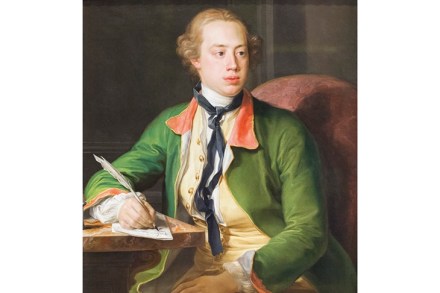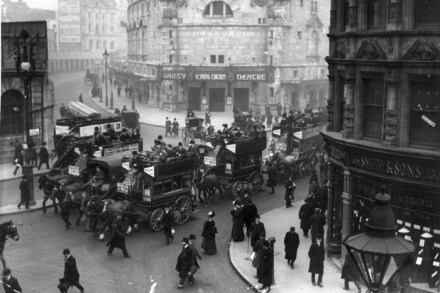Ghosts of No. 10
If you associate Lord Salisbury more with a pub than with politics, here is Andrew Gimson to the rescue, with succinct portraits of every prime minister to have graced — or disgraced — No. 10 to date. You will find no trace of waspish mockery in his book. In a time when heroes are constantly



